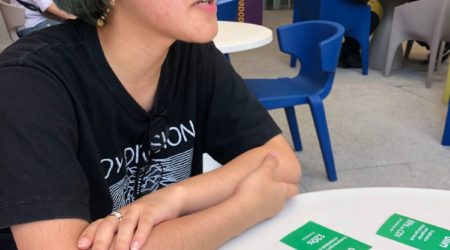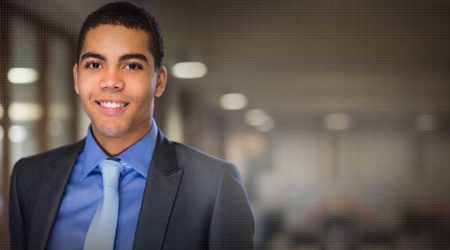SOCAP17 Conversations: The State of the Inclusive Fintech Field
The Inclusive Fintech Track at SOCAP17
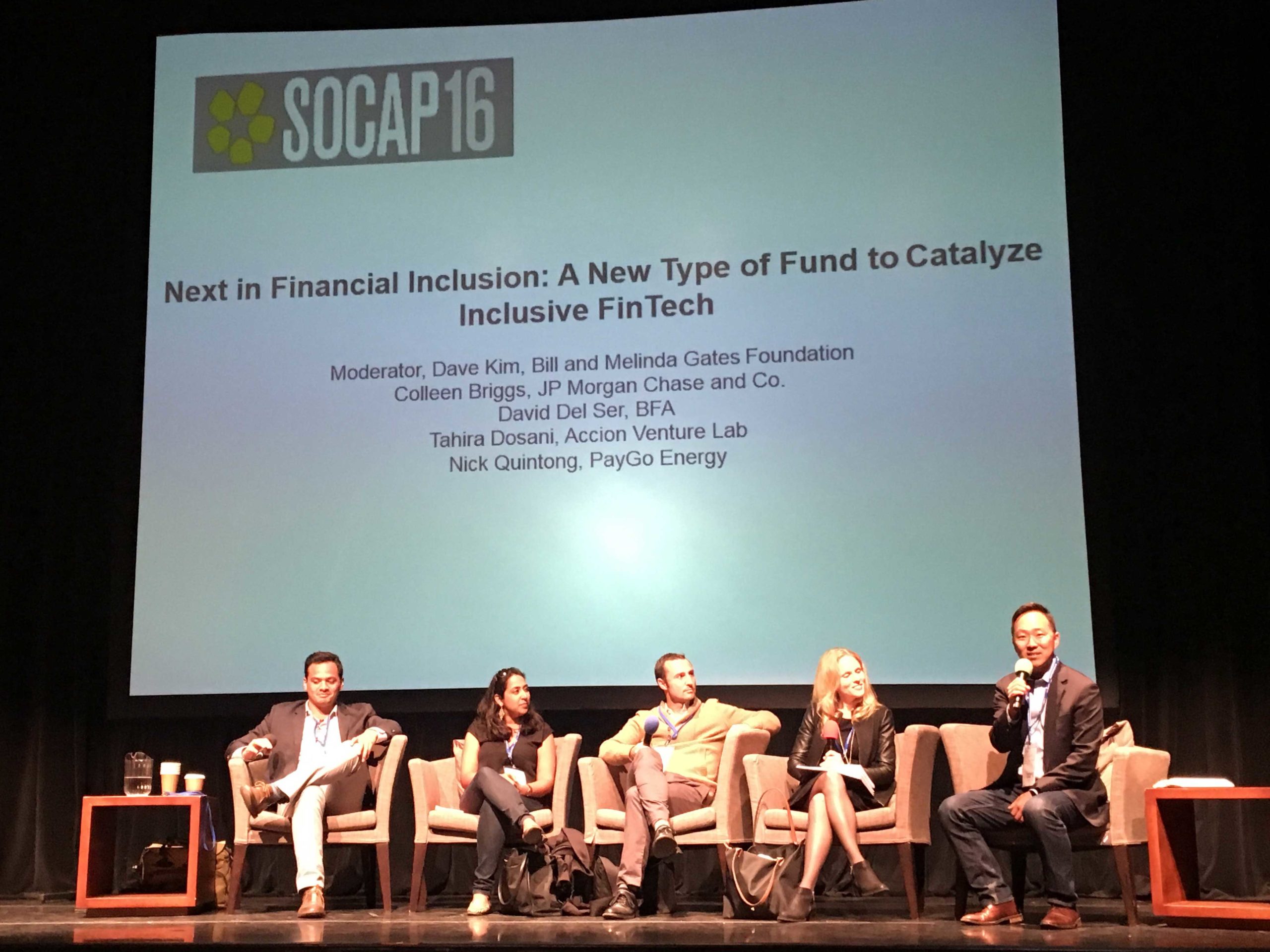
We are excited to announce that Catalyst Fund and JPMorgan Chase & Co. are supporting a content track on Inclusive Fintech at SOCAP17. David del Ser, Director of Inclusive Fintech for Catalyst Fund, and Colleen Briggs, Executive Director of Community Innovation at JPMorgan Chase & Co. sat down with the SOCAP organizers to discuss the state of the inclusive fintech field and the sessions they are developing for SOCAP17.
SOCAP: Are there any overarching themes that connect all of the sessions within the Inclusive Fintech Track at SOCAP17?
Colleen Briggs: Fintech is re-imagining the financial service landscape. That is enabling us to profitably and affordably serve populations that are often overlooked and low-income individuals globally. Inclusive fintech is helping us to lower costs, leverage data to better understand low-income consumers’ needs and develop more convenient products that are designed to address those needs.
For us to really unlock the potential of technology, we need a robust ecosystem of providers who can deliver these products at scale. There are new innovators coming into the marketplace, but there are many challenges getting in their way as they try to scale–including challenges around funding, understanding customers, technology, and others.
All the sessions that are part of this SOCAP17 track are designed to help us better understand the challenges facing those inclusive fintech companies and some of the innovative models that are being deployed to help overcome them. We will share insights about what are we learning from these innovators. All stakeholders who care about these issues can apply these insights in their own work to help improve the financial health of low-income individuals globally.
In addition, anyone with an interest in advancing economic opportunity for low-income individuals globally should get excited about inclusive fintech because we know financial inclusion is an enabler for other social development goals.
David del Ser: Fintech has been reinvigorating financial services for mainstream consumers. These same underlying trends are also transforming services for low-income populations. Across the panels we have put together, you will be able to see different angles of that transformation, from high tech solutions such as AI to frameworks for trust building that will help startups better serve low-income customers in emerging markets. We’ll look at new tricks that are changing the game as well as common challenges that all new innovators and pioneers must face.
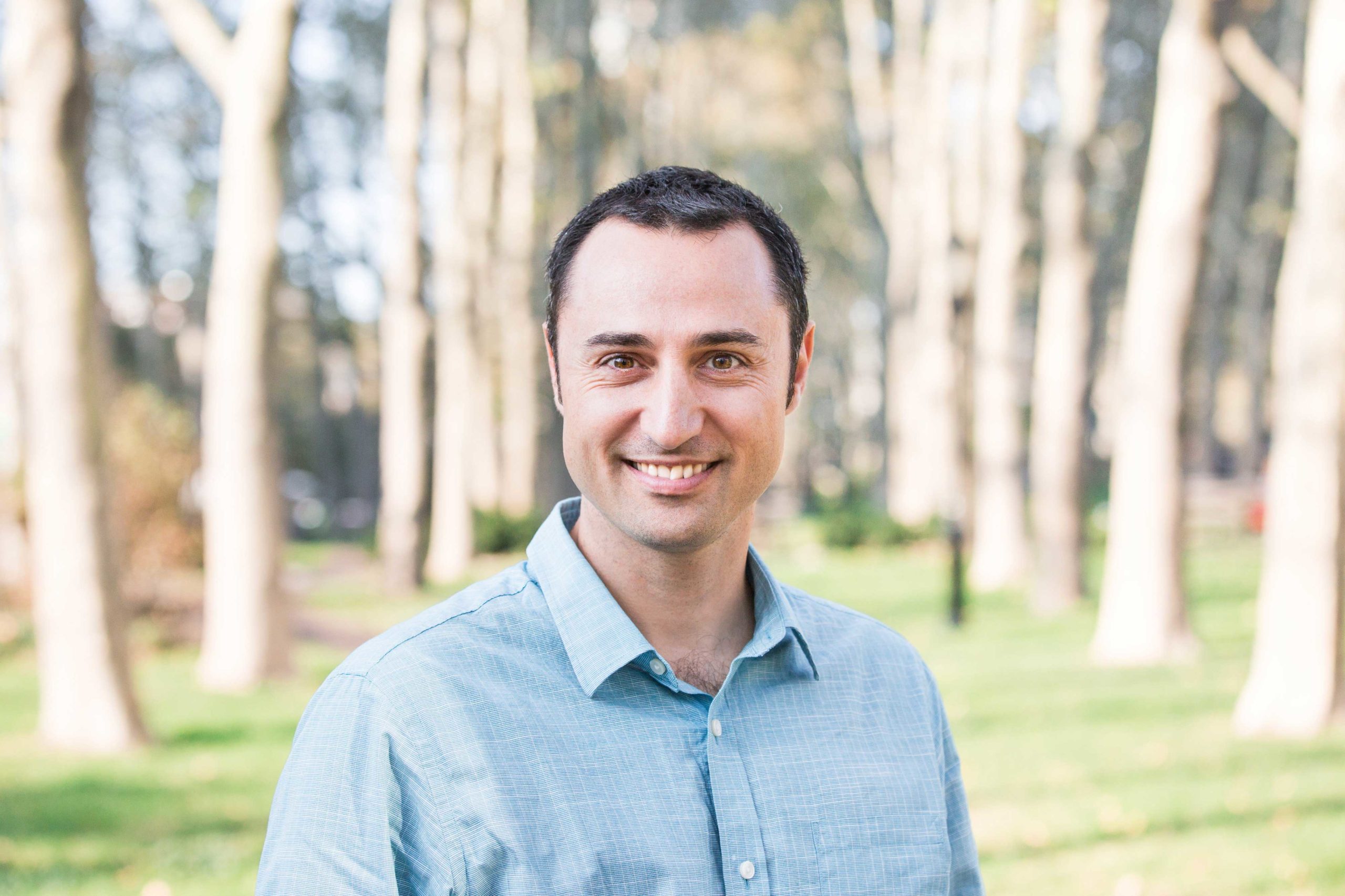
What are some of those critical challenges you hope to address through these sessions?
David del Ser: The difficulties of applying new technologies like artificial intelligence in a low data space for one. Also, the challenge of biases that come down through algorithms that were developed with different purposes in mind. And, as is often the case with innovative sectors, there is a lot of hype and a lot of fantastic progress happening at the same time. AI is such a buzzword right now and it can be hard to discern progress from hype. Deploying these kinds of technologies can bring other unique challenges.
There are also challenges in coordinating stakeholders. For example, Catalyst Fund has found challenges in coordinating the different types actors that compose a facility. We work together with impact investors and consultants and other types of players, each with their own goals. To marry all of those goals is not always a straightforward process.
Colleen Briggs: There are some really exciting start-ups testing new financial inclusion innovations in emerging markets, but many are struggling to secure flexible, early stage capital. We’re still seeing challenges to getting angel capital in emerging markets.
These sessions will explore how we can best support these early stage companies along the capital continuum. We’ll be highlighting effective models that are applicable to a range of social challenges of interest to SOCAP attendees.
Another important question we’ll consider is one of how we can we best help early-stage, socially oriented entrepreneurs get to scale. We know that there are a lot of challenges that require customized support. You are going to see that reflected in some of these sessions. We’ll talk about how you can best support those entrepreneurs with the best form of capital, mentorship and technical assistance.
David del Ser: In addition to covering challenges, our sessions will also speak to the opportunities in emerging markets. There are plenty of opportunities, particularly as smartphones are adopted more widely. When people in emerging markets start buying smart phones, the types of services and support that financial services can offer to local consumers become more dynamic, customizable, and valuable.
For example, companies in Latin America–where the smartphone has high penetration–use smartphone apps to provide customer support. That is not necessarily the case in Africa where there are fewer smartphones in the market. Right now, it is a much bigger challenge for them to talk to their customers, but that will change as this transformation, which happened for wealthier individuals a few years ago, begins to include more consumers from lower economic classes.
Can you list some of the ways that Catalyst Fund and JPMorgan Chase & Co. are working together to fill some of the gaps you’ve identified within the space?
David del Ser: It is impossible for an entrepreneur to supply the entire range of skills necessary to get a product off the ground. Small ventures must bring in outside expertise to develop a product. But in emerging markets talent pools can be small, which makes it hard to source the expertise they need. You don’t get traction or the ability to raise money until you have a product. So these ventures can be trapped by the skills gap. We do very customized engagements at Catalyst Fund and can offer the customized help they need to bridge that gap.
Colleen Briggs: In addition to these talent challenges, these companies also struggle securing capital. One of the greatest challenges we are seeing is helping inclusive fintech companies get traction in the market and get the support they need to secure commercial capital.
As David mentioned, the Catalyst Fund’s customized technical assistance is a really critical component of de-risking these investments. In addition, the Fund offers flexible, non-dilutive capital to promising early-stage fintech companies. By pairing technical assistance and capital, the Fund is positioning them to be ready for follow-on capital. Catalyst Fund has done a really effective job of creating a model in which the capital continuum is built into the structure of the Fund. Impact investors are sourcing deals, mentoring companies, and potentially providing follow-on capital. In addition, the Fund manages a committee of 24 mainstream and impact investors who are advisors and potential connections for follow-on capital.
Another challenge is capturing and sharing insights from these early stage companies in a way that advances the financial inclusion field. We know that some of these companies may fail. However, I think the only true failure is when we haven’t learned something in the process. Catalyst Fund is gathering these insights and sharing them with other stakeholders the ecosystem. The impact of these innovators is going beyond the customers they are serving to also include an indirect market impact. For example, we’ve started to see more effective financial inclusion models piloted by early stage inclusive fintech companies that are being replicated by larger market players. This is a great way to iterate on solutions that promote the financial health of low-income consumers.
David del Ser: Yes, and those lessons that we capture and share can be used as building blocks for other business models. We are now creating and sharing toolkits that contain valuable industry knowledge. Anyone can download the toolkits to build skills and receive guidance.
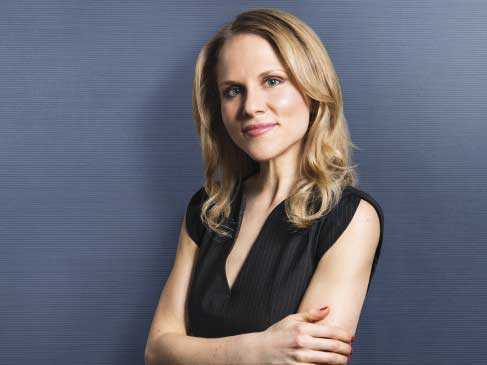
Are there any outcomes or measurements of progress you hope to see achieved within the next decade?
Colleen Briggs: I would love to see more institutional investors investing in inclusive fintech companies–Catalyst Fund companies and others as well. I think we are starting to see some of that, but I would like to see more. I’d also like to see more partnerships with larger players to enable more inclusive fintech companies to get to scale. That can be with MFIs, with banks, with telcos. That is where I am seeing a lot of opportunities in the future–those different types of collaborations.
Finally, I would like to see a marketplace in which providers are measuring the financial health of their clients as a core KPI and are starting to serve low-income consumers beyond just transactions. I would like to see those companies delivering value by improving the financial health of low-income consumers as part of their value proposition and doing so profitably, affordably, and at scale. Obviously that is a very audacious goal–one that requires shifting an entire market, but I truly believe that is the direction we are headed in. Catalyst Fund and other groups that are helping to seed those innovators are going to help us get there.
Who do you encourage to attend your sessions, and what do you hope they will bring to the conversation?
David del Ser: I encourage those members within the broader SOCAP community that are executives or investors in the financial inclusion space to come and see what the new kids on the block are doing in fintech. It is quite fascinating. It will give them a little jolt, so they don’t fall asleep at the wheel. There is always change happening and everybody will have to adapt to it.
Outside of the financial inclusion vertical, I would love to see investors, donors and high-level ecosystem players join the conversation about how we can foster innovation. I am convinced that the things we have learned at Catalyst Fund from mixing different types of capital, consultants, investors and donors apply to other scenarios. Our insights can translate very easily from financial inclusion to renewable energy and other sectors. This conversation can be a great spark for innovation. Anyone looking for an innovation spark can benefit from learning about what we’ve done well and what we haven’t done so well. We can have them put some pressure on the facility–on the construct to see if it is applicable outside of financial inclusion. We would be very interested to have eyes from the outside to battle test it.
Colleen Briggs: I agree. The facility is such an interesting model that could be applicable to many other social sectors, such as health or energy. In addition, we are interested in more collaboration. We invite investors and donors along the capital continuum to get involved in the Catalyst Fund and to share insights from their experiences.
Finally, while I think there is a lot of applicability and interest for those who are in the financial services vertical, I think similar to David’s point, we invite anyone who is interested in fostering innovation or advancing economic opportunity for low-income populations around the globe. Anyone who cares about promoting inclusive opportunity and growth globally has to think about financial inclusion because it facilitates other social outcomes. You see that reflected with a lot of the Catalyst Fund companies, such as helping access affordable clean energy or improve education attainment. These sessions will feature some of the new innovations that could help advance the work they are leading.
What are some of the major takeaways you hope fintech session attendees will leave with?
David del Ser: Over the next five years, changes in technology and the major, sector-shifting transformations that go along with the rise of the smartphone and artificial intelligence will finally come to low-income populations. That is true for financial services, but that is true for other areas. If you are looking for examples of how that is affecting financial services, we will give you quite a few. And then people can think about how that applies to their own sector.
Colleen Briggs: Totally agree. For us to unlock the potential of technology for everyone, we need a collaborative approach with investors, nonprofits and startups all coming together and thinking about how we can make sure the next generation of products are designed to meet the needs of low-income populations. Hopefully there will be insights and takeaways for people who are looking to create similar collaboration models to foster this type of innovation.
Another takeaway will be insights on how to best support early stage startups in emerging markets. It is not just this one size fits all generic model. Catalyst Fund is applying human centered design to the needs of entrepreneurs. We are asking how do we best understand entrepreneurs’ biggest challenges? And then Catalyst Fund will provide a set of resources that will serve those needs versus building a one size fits all model. We’ll be coming together at SOCAP to discuss what we are learning and hopefully learn from other SOCAP participants about their experiences.
Originally published on the SOCAP blog on September 12, 2017.
Register for SOCAP17 to attend the Inclusive Fintech Sessions and learn more.
Additional Resources:
The Catalyst Fund Design for Trust Toolkit
Showcase of Catalyst Fund project work
The Catalyst Fund Circle of Investors
A recap of a SOCAP16 panel featuring David del Ser and Colleen Briggs
Catalyst Fund Program at SOCAP
Read Wajiha Ahmed’s recent guest post for SOCAP, What is the Investment Climate for Fintech in Emerging Markets? A Positive Outlook According to Our Investor Network.
